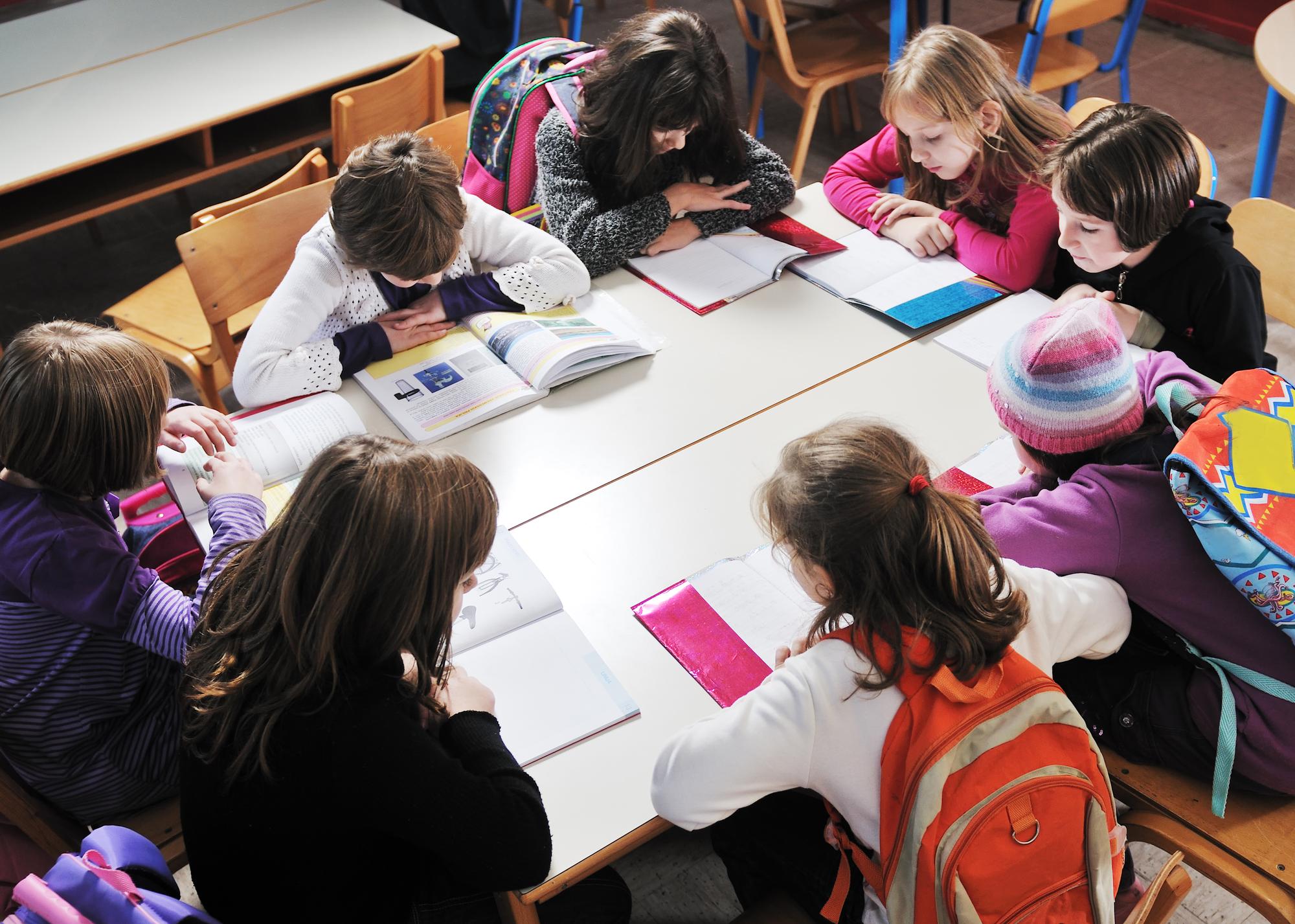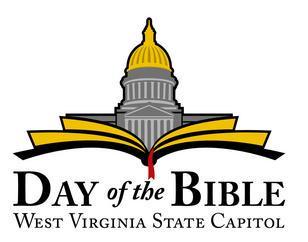Kicking Off the New Year
Helping Students Reflect, Reset, and Recharge

There’s something about January that feels like a fresh start. After the holiday break, it’s not just the calendar that resets—it’s a chance for students and teachers to refocus, set new goals, and start strong. Whether you’re teaching in a public school, private Christian school, or homeschool setting, the new year is the perfect time to encourage growth, reflection, and some forward-thinking. Let’s talk about why this season matters and how educators and administrators can make the most of it.
Why the New Year is Such a Big Deal
Think about it: everyone loves a good “clean slate” moment. The start of a new year is one of those times when people naturally think about where they’ve been and where they’re headed. For students, this can mean setting goals, breaking bad habits, or even just getting excited about learning again.
Psychologists even have a name for this phenomenon: the “fresh start effect.” It’s the idea that starting something new on a significant date—like the new year—gives people a motivational boost. For teachers and school leaders, it’s a golden opportunity to help students build momentum for the rest of the school year.
And it’s not just about academics. Teaching students to reflect, set goals, and practice gratitude can make them more resilient and happier overall. Research shows that these habits can improve emotional well-being and even lead to better relationships (Zimmerman & Schunk, 2011). So, why not make the most of this natural reset?
What Teachers Can Do
Teachers have a front-row seat to this “new year, new me” energy. Here are a few ways you can channel it into meaningful activities, no matter where you teach.
Public Schools: Turning Reflection into Action
In public schools, the new year is a great time to teach life skills like goal-setting and perseverance.
- Let’s Talk Goals: Start the year with a simple activity—have your students set one personal goal and one academic goal for the next few months. But don’t stop there! Help them break those goals into smaller steps so they feel doable. Check back on their progress every so often—it keeps them accountable and motivated.
- Create a Gratitude Wall: Dedicate a corner of your classroom to positivity. Let students write things they’re grateful for or excited about this year and post them for everyone to see. It’s a quick way to boost the mood and get them thinking about the good stuff in their lives.
- Resilience Lessons: Share stories about people (historical figures, athletes, or even yourself) who’ve overcome challenges. It’s a great way to show students that setbacks aren’t failures—they’re just part of the journey.
Private Christian Schools: Rooting Goals in Faith
For Christian schools, the new year is an opportunity to connect goal-setting and reflection with spiritual growth.
- Start with Scripture: Use Bible verses that encourage a fresh start, like Philippians 3:13-14 (“Forgetting what is behind and straining toward what is ahead…”). Discuss how faith can guide their goals and challenges for the year ahead.
- Prayer and Reflection Journals: Give students journals where they can write down prayers, goals, or reflections on how they want to grow—academically, spiritually, or personally.
- Service Challenges: Encourage students to include service in their goals for the year. Whether it’s helping a neighbor, volunteering at church, or mentoring younger students, acts of kindness teach generosity and humility.

Homeschool: Making It Personal and Fun
Homeschool families have the flexibility to make new year activities really personal—and even a little creative.
- Family Goal-Setting Time: Sit down together and talk about what everyone hopes to accomplish this year. Kids love seeing their parents set goals too—it makes it more real.
- Vision Boards: Break out the magazines, scissors, and glue! Have your kids create a vision board full of pictures and words that represent their goals and dreams for the year. It’s fun, hands-on, and something they’ll enjoy looking at all year.
- Weekly Check-Ins: Use the new year to start a tradition of regular check-ins. Maybe it’s a quick chat every Friday about what went well and what could be better. It’s a great habit for staying on track.
What School Leaders Can Do
Administrators, principals, and other school leaders can set the tone for the whole school. Here’s how to make the new year feel fresh and exciting for everyone.
- Host a New Year Assembly: Kick off January with a school-wide event to inspire students and staff. Share the school’s goals for the term, celebrate what’s been achieved so far, and encourage everyone to keep striving for excellence.
- Introduce a Theme for the Year: Create a school-wide focus, like “Grow Together” or “Dream Big.” Encourage teachers to tie the theme into their lessons, and celebrate milestones along the way.
- Celebrate Teachers: The new year isn’t just a fresh start for students—teachers need encouragement too. Send out a thank-you note, organize a small lunch, or provide professional development on topics like goal-setting and mindfulness. A little support can go a long way.
- Family Engagement: Share resources or host a family night to help parents and guardians support their kids’ goals. When families are involved, students thrive.
Wrapping It Up
The start of a new year is so much more than just flipping the calendar. It’s a chance for students to reflect on where they’ve been, dream about where they’re going, and reset their focus. As educators and leaders, we have the privilege of guiding them through that process.
Whether it’s a vision board, a gratitude wall, or a school-wide theme, these small efforts can help students embrace the new year with excitement and purpose. And who knows? Those lessons in goal-setting, reflection, and perseverance might just stick with them long after the school year is over.
References
Zimmerman, B. J., & Schunk, D. H. (2011). Self-Regulated Learning and Academic Achievement: Theoretical Perspectives. Routledge.

HGN Staff
His Good News magazine seeks to unite and empower parents, educators, legislators, and voters in West Virginia to support and advance Christian education, religious freedom, and conservative values. By fostering a strong Jesus-based foundation within our communities, we can influence legislation, protect religious freedoms, and ensure that our children receive a quality Christian education.
















